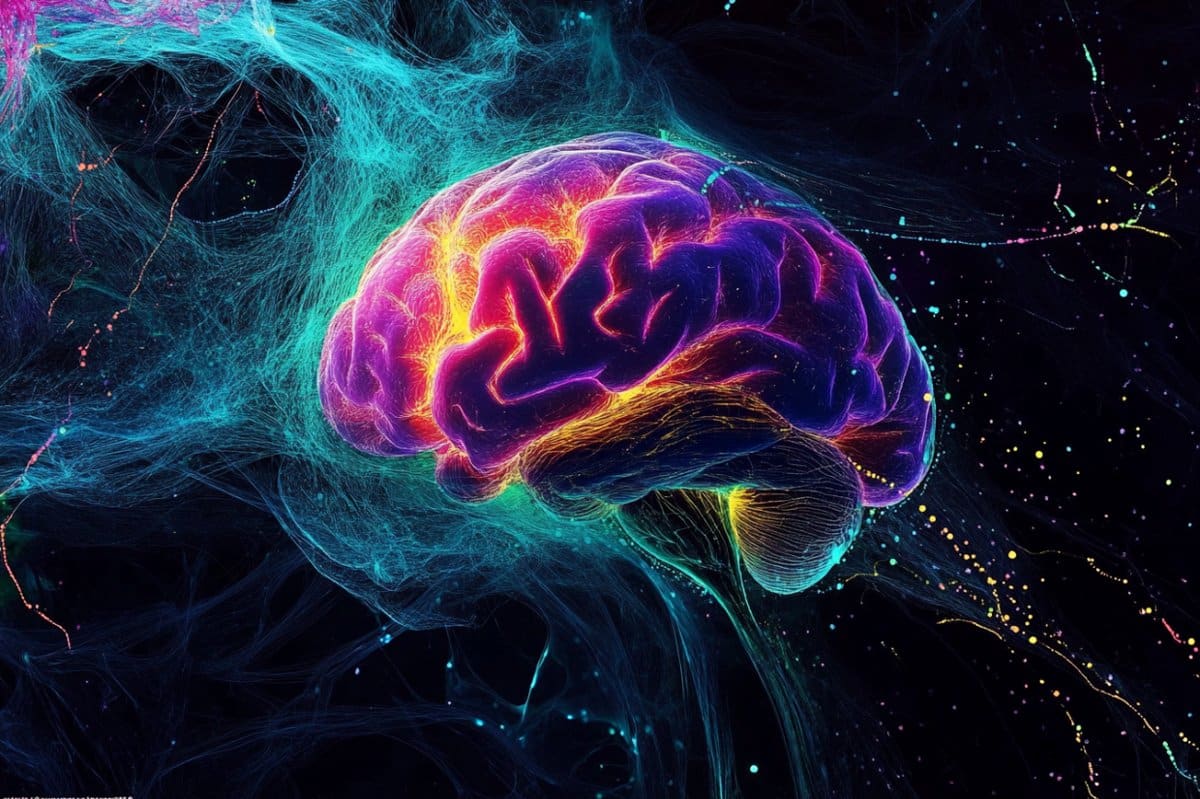Summary: A new study reveals that the basolateral amygdala (BLA) plays a key role in calibrating prosocial behavior based on emotional closeness. Researchers studied individuals with Urbach-Wiethe disease, a rare condition that selectively damages the BLA, using economic games to assess generosity.
While patients were just as generous as controls toward close friends, they were significantly more selfish toward strangers and acquaintances. These findings suggest that the BLA doesn’t create prosocial behavior, but regulates when and how it occurs depending on social context.
Key Facts:
- Role of the BLA: The basolateral amygdala helps adjust generosity depending on emotional closeness.
- Urbach-Wiethe Insight: Individuals with BLA damage were less generous toward distant social contacts but acted normally with close friends.
- Social Calibration: The BLA doesn’t drive altruism but fine-tunes prosocial responses based on relationship strength.
Source: HHU
Are there areas of the brain, which regulate prosocial, altruistic behaviour?
Together with colleagues from the universities in Lausanne, Utrecht and Cape Town, researchers from Heinrich Heine University Düsseldorf (HHU) have studied a very special group of patients and established that the “basolateral amygdala” (part of the limbic system) plays an important role in this. In the scientific journal Proceedings of the National Academy of Sciences (PNAS), they describe that this region calibrates social behaviour.

Prosocial behaviour, i.e. helping others, is a cornerstone of human interaction. Yet, the neuronal mechanisms that determine this behaviour vis-à-vis different social constellations are not yet fully understood, so the question remains: How does prosocial behaviour change depending on how much, or little, decision-makers care about each other emotionally?
Researching this objectively is no easy task. However, a special research environment presented itself in South Africa. Professor Dr Tobias Kalenscher, head of the “Comparative Psychology” research team at HHU and lead author of the study in PNAS: “It was a unique opportunity to work on site with a group of patients who suffer from the extremely rare ‘Urbach-Wiethe Disease’.”
This disease causes selective damage to the so-called basolateral amygdala (for short: BLA) without impacting other areas of the brain. The emotional life and social behaviour of Urbach-Wiethe subjects differ.
Above all, they find it difficult to recognise the emotional meaning of facial expressions. There are less than 150 known cases worldwide, but a larger group of Urbach-Wiethe subjects lives in Namaqualand in northern South Africa.
“These patients represent a quasi-natural experimental environment for questions about prosocial behaviour,” adds Professor Kalenscher. “In the case of these individuals, exactly those areas of the brain are affected, which are believed to play a key role in compassionate behaviour toward others.”
The researchers from Germany, the Netherlands, Switzerland and South Africa conducted so-called “dictator games” with the study participants – a special constellation from game theory in which the participants are asked to distribute sums of money.
The participants were allowed to decide how much money they wanted to share with other people – close friends, acquaintances, neighbours or strangers.
Luca M. Lüpken, co-author of the study and doctoral researcher at HHU: “The results were clear: Individuals with BLA damage were just as generous toward people they were close to as healthy control participants.
“However, as soon as it came to individuals with whom they had less of an emotional connection, they were notably more selfish.”
The study authors therefore conclude that the BLA is not fundamentally necessary for altruism, but that it helps regulate the degree of generosity depending on the social distance between individuals.
If this form of calibration is missing, the natural tendency to prioritise personal well-being over that of others dominates, meaning that affected individuals tend to act more selfishly. Only a strong emotional attachment – like that between best friends – brings about greater generosity.
Lüpken: “Our study shows that the amygdala does not generally promote or inhibit prosocial behaviour, but rather regulates when and to what extent we act in a prosocial way.”
These findings explain the biological foundations for human social behaviour. They can also be important for gaining a better understanding of other conditions such as autism or psychopathy where social decisions are often different from those of healthy people.
Professor Kalenscher places the findings in a wider context: “Social decisions are not only shaped by our upbringing or culture. They are in fact also strongly anchored in the mechanisms of our brain.
“In the future, it may be possible to develop targeted therapies to help individuals with social behaviour issues regulate their decision-making processes better.”
About this social neuroscience research news
Author: Arne Claussen
Source: HHU
Contact: Arne Claussen – HHU
Image: The image is credited to Neuroscience News
Original Research: The findings will appear in PNAS

